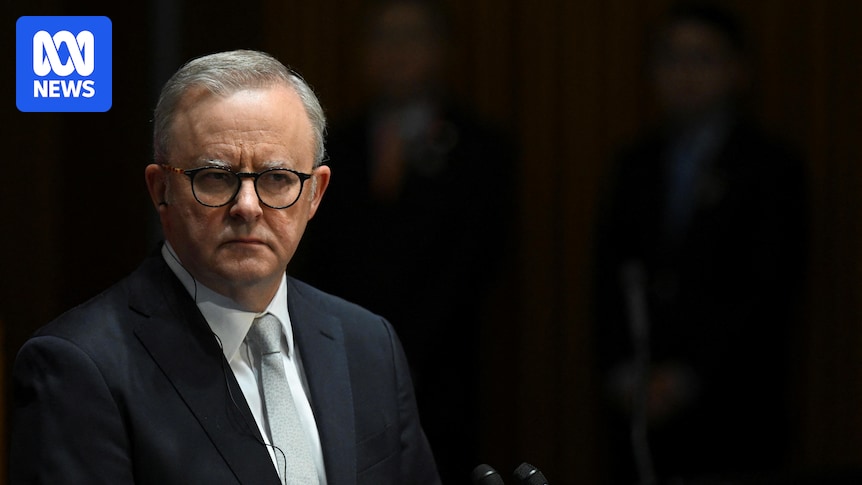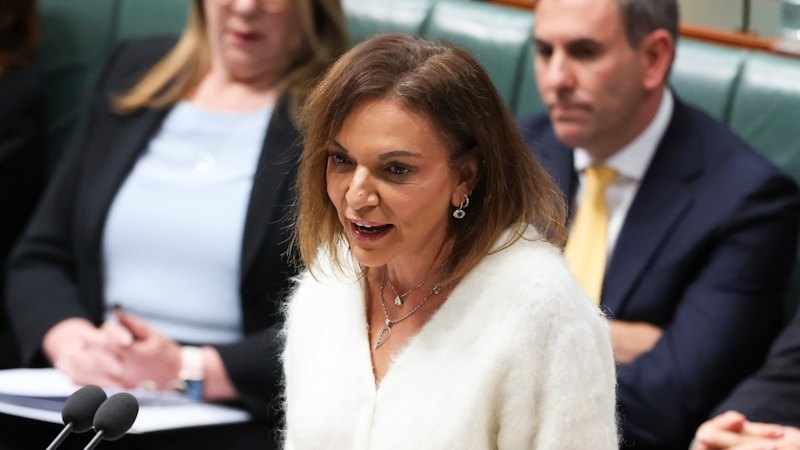
The Prime Minister of Australia, Anthony Albanese, has described the ongoing conflict in Gaza as a “humanitarian catastrophe,” while reiterating Australia’s commitment to a two-state solution. This declaration comes in the wake of France’s announcement to formally recognize Palestine later this year, marking it as the largest and most influential European nation to take such a step.
In some of his most forceful remarks on the conflict to date, Albanese stated that the situation in Gaza has exceeded “the world’s worst fears.” He criticized Israel’s actions, saying, “Gaza is in the grip of a humanitarian catastrophe. Israel’s denial of aid and the killing of civilians, including children, seeking access to water and food, cannot be defended or ignored.” He further urged Israel to “comply immediately with its obligations under international law.”
“Gaza is in the grip of a humanitarian catastrophe. Israel’s denial of aid and the killing of civilians, including children, seeking access to water and food, cannot be defended or ignored.” — Anthony Albanese
International Reactions and Diplomatic Stances
This development follows Australia joining 27 other countries in a joint statement demanding an immediate end to the war. However, Israel has dismissed these joint calls as “disconnected from reality,” suggesting that international attention should focus on the actions of Hamas instead.
While Australia does not officially recognize a Palestinian state, it refers to the West Bank and Gaza as the “Occupied Palestinian Territories” and maintains diplomatic ties with the Palestinian Authority. Albanese’s comments, though not directly addressing France’s decision, align with Australia’s long-standing support for Palestinian statehood aspirations.
“Recognising the legitimate aspirations of the Palestinian people for a state of their own has long been a bipartisan position in Australia.” — Anthony Albanese
Global and Domestic Political Implications
France’s decision to recognize Palestine positions it as the first G7 country to do so, a significant move within a powerful bloc of the world’s most advanced economies. This decision could potentially influence other nations’ policies regarding Palestine.
Domestically, Albanese’s statement has drawn criticism from the Coalition. Shadow Foreign Minister Michaelia Cash argued that the Prime Minister’s remarks overlook Hamas’s role in the conflict. “It is disappointing that Prime Minister Albanese’s statement about Gaza once again fails to place any blame on Hamas, a listed terrorist organisation, for the delays in aid reaching the people of Gaza,” she said.
“Any moral outrage about the situation in Gaza should be directed at Hamas. Hamas and its allies have tried to disrupt the flow of aid into Gaza and have stolen humanitarian aid for their own purposes.” — Michaelia Cash
Historical Context and Future Prospects
The situation in Gaza is not new, with tensions in the region having persisted for decades. The international community has long debated the recognition of Palestinian statehood, with over 140 countries currently recognizing Palestine. However, major Western nations such as the US, UK, Canada, New Zealand, and Australia have not made this recognition.
Last year, Australian Foreign Minister Penny Wong suggested that Australia might consider recognizing a Palestinian state as part of a peace process rather than as an endpoint. This reflects a cautious approach to a deeply complex issue that continues to challenge global diplomacy.
Looking forward, the international community remains divided on how best to achieve peace in the region. While France’s recognition of Palestine could pave the way for other nations to follow suit, the path to a lasting peace remains fraught with challenges. The role of international law, humanitarian aid, and diplomatic negotiations will be critical in shaping the future of Israeli-Palestinian relations.
As the situation evolves, the world watches closely, hoping for a resolution that ensures peace and security for both Israeli and Palestinian peoples.






